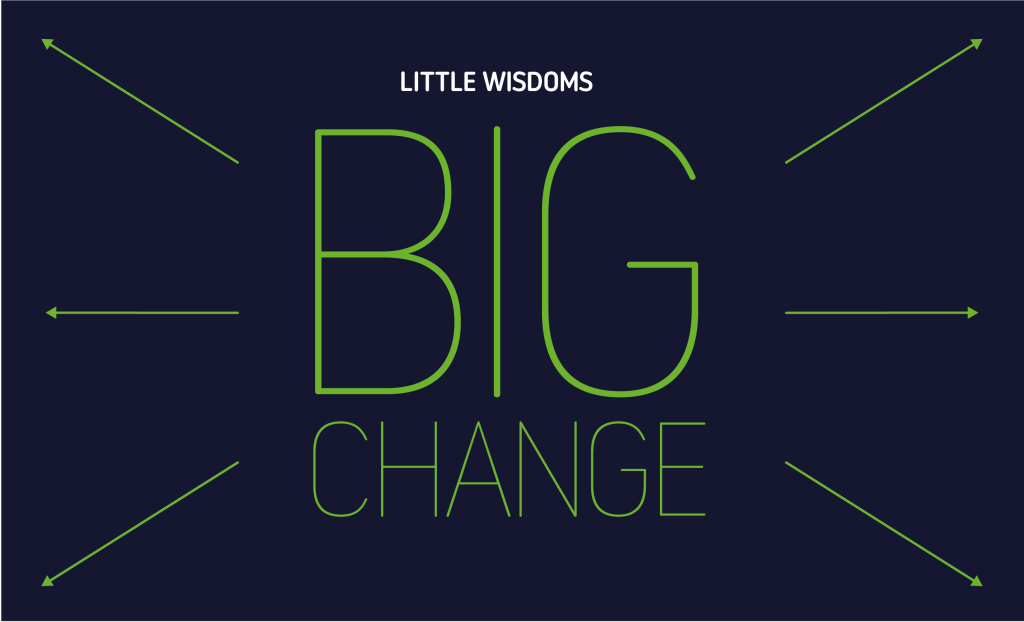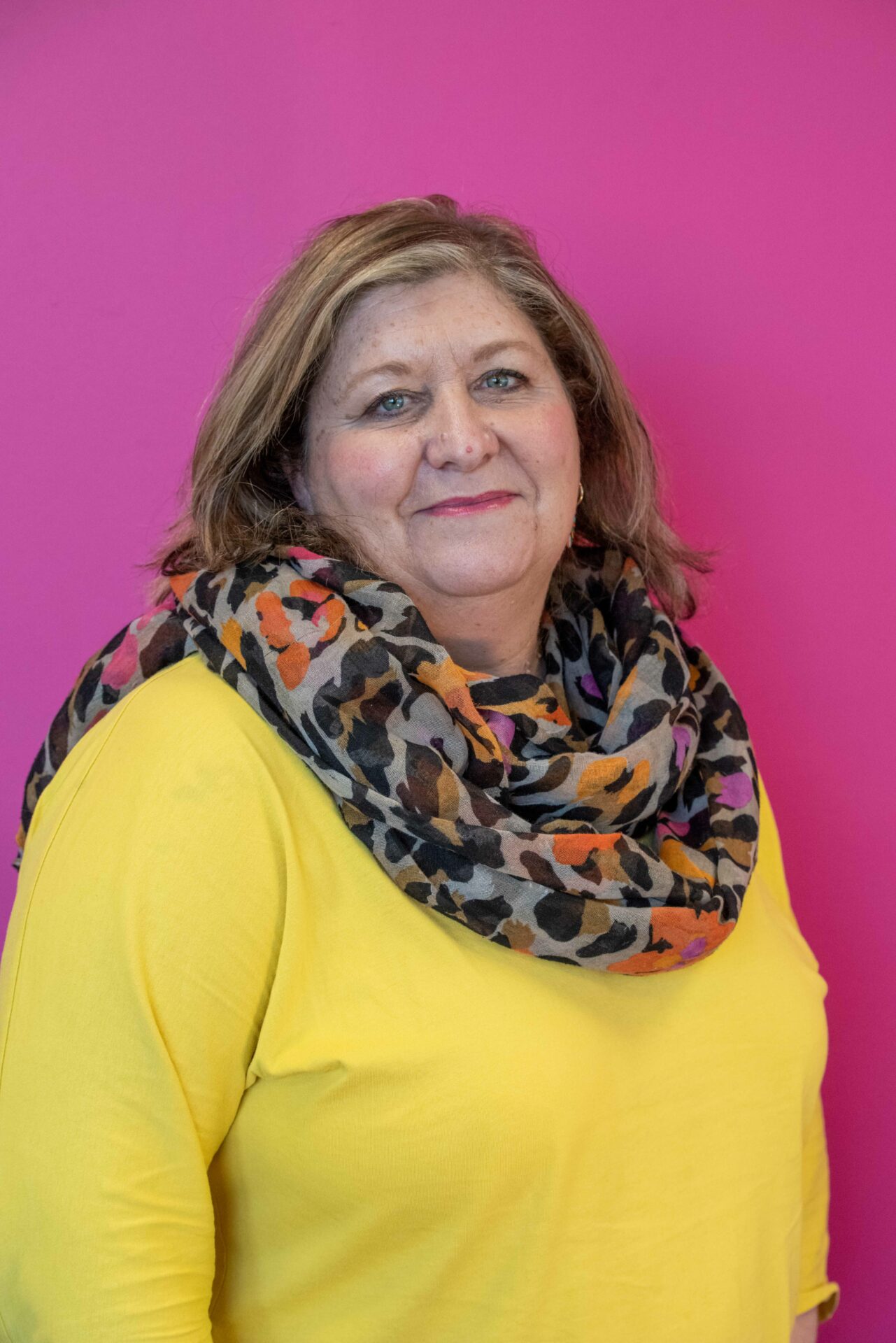Little Wisdoms, Big Change – Susan Higgins

From how to build a cracking team, to unearthing the kernel of insight that was pivotal to a behavioural change intervention, this series from Claremont is an opportunity to hear from the brilliant minds working to bring about positive social change.
 Susan Higgins, Director of Communications at Edge Foundation
Susan Higgins, Director of Communications at Edge Foundation
Q1. What’s one thing you learnt early on in your career that has stuck with you ever since?
Relationships are everything. Treat people the way you wish to be treated, not the way you were treated. Be patient, understanding, generous. When mistakes are made, learn from them and then move forward. If you don’t offer psychological safety, you can’t expect people to take risks.
Q2. What insights sit at the heart of some of the work you are most proud of? How did you find the insight?
I’m obsessed with connection. Anything that changes the way you feel is powerful so that’s always what I’m aiming for. The work I’m most proud of has come when I’ve stepped out of my comfort zone and gone with my gut. Here are a few examples:
- The world is my canvas – Poem written and performed by Lemn Sissay OBE.
- Sir Tim Smit delivered the Edge Annual Lecture. At the time we were in the depths of Covid and stuck at home, it was magical.
Q3. What skills, values or attributes are needed in a team seeking to bring about positive change and why?
You must have faith in the vision, even when it feels impossible. You need to be able to see the world as it could be and take turns in leading and supporting along the way. It takes courage, teamwork, resilience, and humility. Our team can always find the humour even when we’re in the trenches and it’s an essential real stress reliever.
Q4. What is your favourite behaviour change / social good campaign from the last 12 months and why?
I rate the Samaritans, Norwich City Football Club campaign to encourage people, particularly men to check in on those around them. The campaign was launched on World Mental Health Day to increase awareness around suicide. In the short film, two men are seen attending Norwich City matches together over the course of a season – one appears to be happy and outgoing, while the other is withdrawn and quiet. As the film concludes, it becomes clear that the more outgoing man has died by suicide, dispelling the myth that only those that display obvious signs experience poor mental health.
I’m also keen on the recent Nurofen – Gender Pain Gap campaign which highlights the shocking numbers of women who have their pain ignored, dismissed and undiagnosed. This campaign makes me so cross and that’s why it’s so powerful. It’s such a simple idea but executed very well.
Q5. If you could change one thing about the past, present or future, what would it be?
Our education system is out of date and young people are paying the price. We’re obsessed with exams that stifle creativity and overlook the real-life skills young people need. One in three pupils fails their GCSEs at 16 – most from the poorest backgrounds. Nearly a million young people are not in education, employment or training. Teachers are leaving in droves. Teen mental health is in crisis. A fifth of pupils are regularly absent from school. Meanwhile, the UK faces a major skills shortage – with 62% of employers struggling to find people with the skills they need. It’s time for real reform.
Q6. What have you read / watched / listened to lately that you have found particularly insightful?
I’m a fan of Elizabeth Day’s How to Fail and Esther Perel’s Where Should We Begin? podcasts. I’m in the middle of Estelle Bingham’s Manifest Your True Essence book which I’m listening to on audible. Her voice is like healing balm.
